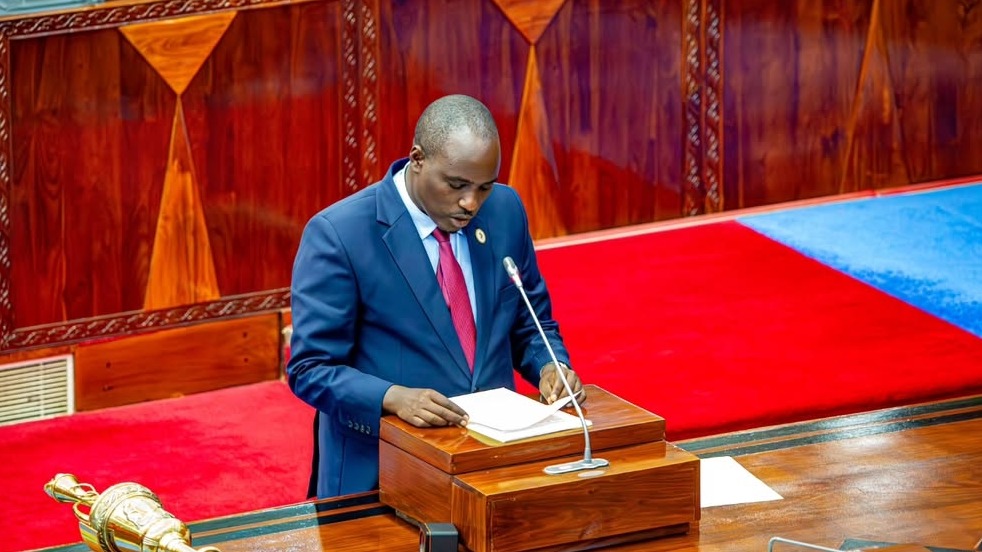DR. BITEKO PRESENTS THE MINISTRY OF ENERGY BUDGET FOR THE 2025/2026 FISCAL YEAR IN PARLIAMENT.

The Deputy Prime Minister and Minister of Energy, Hon. Dr. Doto Biteko, has requested the Parliament of the United Republic of Tanzania to approve the Ministry of Energy’s budget for the 2025/2026 financial year, amounting to TZS 2.2 trillion. Out of this total, 96.5% is allocated for development projects and 3.5% for recurrent expenditures.
While presenting the budget on April 28, 2025, in Parliament in Dodoma, Dr. Biteko stated that one of the priorities of the 2024/2025 budget was to ensure the country had a reliable supply of petroleum products and efficiency in handling their availability.
The government has continued to oversee the Bulk Procurement System (BPS) for the importation of petroleum products in the country since it was officially implemented in January 2012. Between July 2024 and March 2025, a total of 6.74 billion liters of petroleum products were imported, compared to 6.28 billion liters during the same period in the 2023/2024 financial year, an increase of 7.3%. Of this, petrol accounted for 2.23 billion liters, diesel for 4.24 billion liters, and kerosene/jet fuel for 270 million liters. These products were imported and received through the ports of Dar es Salaam, Tanga, and Mtwara.
Out of the total volume imported during the period, 3.26 billion liters, equivalent to 48%, were for domestic use, compared to 3.37 billion liters in the 2023/2024 financial year. Additionally, 3.48 billion liters, or 52%, were for neighboring countries, compared to 2.9 billion liters in the 2023/2024 period. The volume for neighboring countries increased by 16% due to improved efficiency in the BPS system, which has attracted more countries to use the system.
From July 2024 to March 2025, a total of 100 tenders were announced through international competitive bidding, based on the criterion of lowest importation cost (premium). Moreover, between 10 and 13 tenders were floated monthly, with 9 to 10 bidders, including TPDC, participating in the process. TPDC’s participation in the tenders promoted competition and transparency in the petroleum importation process, leading to reduced importation costs.
Furthermore, the government, through PBPA, has continued to enhance the efficiency of petroleum offloading supervision from ships to oil companies’ storage facilities using the electronic SCADA system. This initiative has improved control over oil losses during offloading from ships. The system monitors the volume of oil passing through government flowmeters located at Kurasini (KOJ), Kigamboni (SBM), Tanga, and Mtwara and compares the results with the volumes passing through oil companies' meters and received at storage depots. The existence of this system has reduced fuel losses from 0.5% before its implementation to 0.1% afterward


